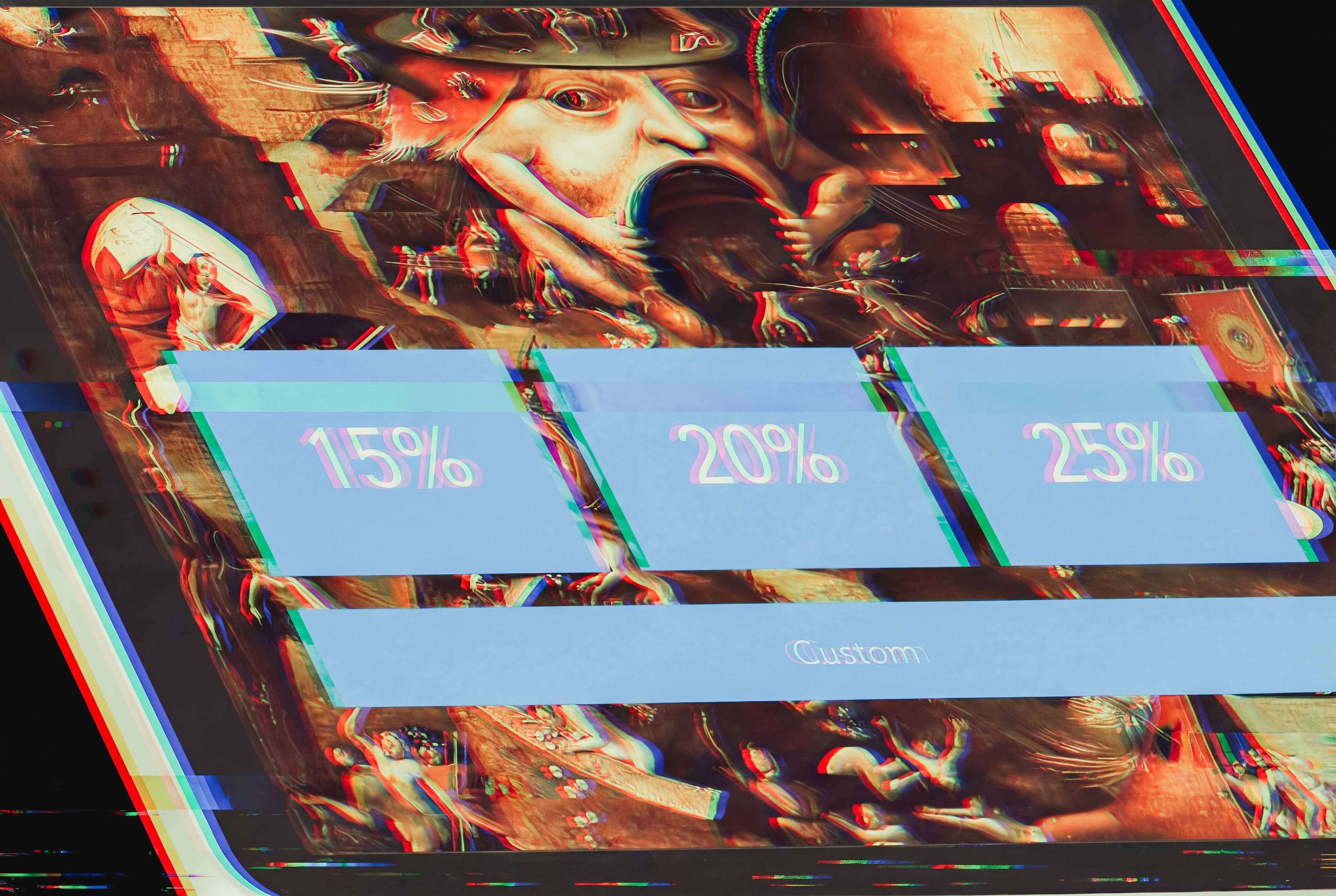As the wave of relief washed through the Democratic Party in July following Biden’s decision to step aside, both Democrats and Republicans instantly understood that one of Harris’ biggest weaknesses was also among the most critical issues of the race — illegal immigration at the southern border. Republicans were quick to point out Harris had been appointed border czar by Biden and the failure was hers to own. Democrats denied Harris had ever been appointed “czar,” calling the claim a GOP talking point.
Voters who googled the question would likely have encountered a Wikipedia article listing presidential czars — as valuable a resource as any. Visitors who accessed the “List of executive branch czars” article on July 24 would have been informed that Kamala Harris had, indeed, served as border czar. But those who came to the page a day later, specifically after 4:02 pm Eastern Time, would have found no mention of Harris at all.
Within minutes of Harris’ removal, the article’s Talk page erupted into an edit war with numerous editors pointing out that Harris’ name had only been added to the article the day before it had been removed from it, suggesting it had been added for political purposes. The resolution to this quandary hinged on a seemingly simple, even binary question: was Harris border czar or not?



